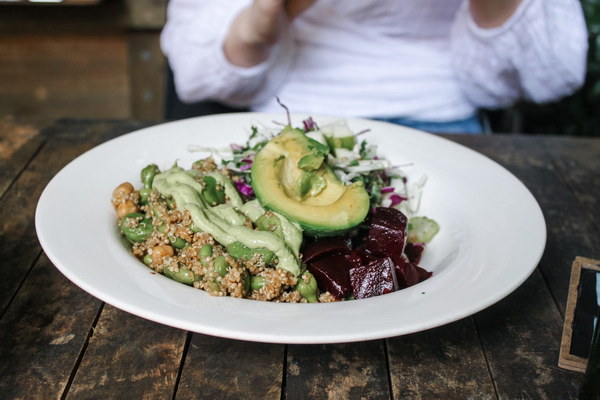Do LungClearing LungNourishing and LungMoistening Medicines Harm the Stomach
Introduction:
Lung-clearing, lung-nourishing, and lung-moistening medicines are commonly used in traditional Chinese medicine to treat respiratory diseases. However, some patients have reported experiencing stomach discomfort while taking these medications. This article aims to discuss whether lung-clearing, lung-nourishing, and lung-moistening medicines can harm the stomach, and provide some suggestions on how to minimize potential stomach irritation.
I. The Composition of Lung-Clearing, Lung-Nourishing, and Lung-Moistening Medicines:
Lung-clearing, lung-nourishing, and lung-moistening medicines usually contain a variety of herbal ingredients. These ingredients may include:
1. Herbs with lung-clearing properties, such as Forsythia (Lianqiao) and Honeysuckle (Jinyinhua).
2. Herbs with lung-nourishing properties, such as Astragalus (Huangqi) and Codonopsis (Dangshen).
3. Herbs with lung-moistening properties, such as Licorice (Gancao) and Platycodon (Jieqi).

II. Can These Medicines Harm the Stomach?
The answer is both yes and no. While some lung-clearing, lung-nourishing, and lung-moistening medicines can potentially cause stomach discomfort, the likelihood of this occurring varies from person to person.
1. Herbs with stomach-irritating properties: Some herbs used in these medicines, such as Forsythia and Honeysuckle, can be slightly irritating to the stomach lining. This may lead to symptoms such as nausea, vomiting, or diarrhea in some individuals.
2. Herbs with stomach-soothing properties: On the other hand, some herbs, like Licorice and Platycodon, have stomach-soothing effects and can help alleviate stomach discomfort.
3. Individual differences: The likelihood of experiencing stomach irritation from these medicines depends on individual factors such as gastrointestinal sensitivity, dosage, and duration of treatment.
III. How to Minimize Stomach Irritation:
To minimize the risk of stomach irritation when taking lung-clearing, lung-nourishing, and lung-moistening medicines, consider the following suggestions:
1. Proper dosage: Follow the prescribed dosage by a qualified healthcare professional to avoid overuse.
2. Timing of administration: Take the medicine after meals to reduce the risk of stomach irritation.
3. Combination of medicines: Some patients may find that combining certain herbs can alleviate stomach discomfort. For example, combining Forsythia with Licorice can help mitigate the irritant effects.
4. Breaks and monitoring: If you experience stomach discomfort while taking these medicines, consult with your healthcare provider. They may recommend a break in treatment, adjusting the dosage, or switching to alternative medications.
Conclusion:
In conclusion, lung-clearing, lung-nourishing, and lung-moistening medicines can potentially harm the stomach, but the likelihood of this occurring varies among individuals. By following proper dosage guidelines, taking the medicine after meals, and consulting with healthcare providers, you can minimize the risk of stomach irritation and enjoy the benefits of these traditional Chinese medicines.









